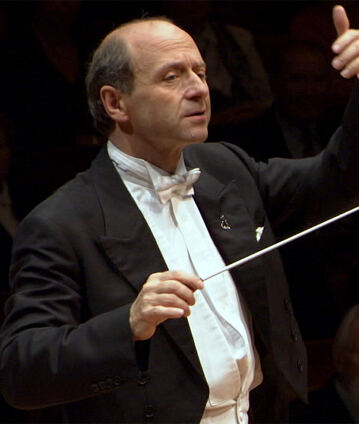An “Austro-Hungarian Evening” with Iván Fischer

From a musical perspective, the lands of the old Habsburg monarchy boasted fertile soil: great achievements in the world of art music came from here and a fascinating folk music is just as at home here as is the fiery idiom of the gypsies. Iván Fischer shows the whole spectrum in an Austro-Hungarian programme including works by Haydn, Bartók, Liszt, Brahms and Kodály.
The programme features Joseph Haydn’s Symphony No. 88, a composer who left his mark on the key genres of the First Viennese School – such as the string quartet and the symphony. Just over half a century later, one of the most entertaining misunderstandings in music history occurred when Franz Liszt and Johannes Brahms wanted to give their rhapsodies and dances a vibrant Hungarian flavour – but were actually drawing on what was thought of as gypsy music. The works of Bartók and Kodály, which are based on authentic folk music, with its hard rhythms and distinctive, uneven melodies, reveal the difference to Magyar music.
Coming from Budapest and having studied in Vienna, Fischer is clearly the ideal conductor for such a concert. And knows well how to bring out both the fire and the intricate structures in this music. “A conductor with sun in his heart,” as one critic described the evening.
© 2009 Berlin Phil Media GmbH
Related interviews